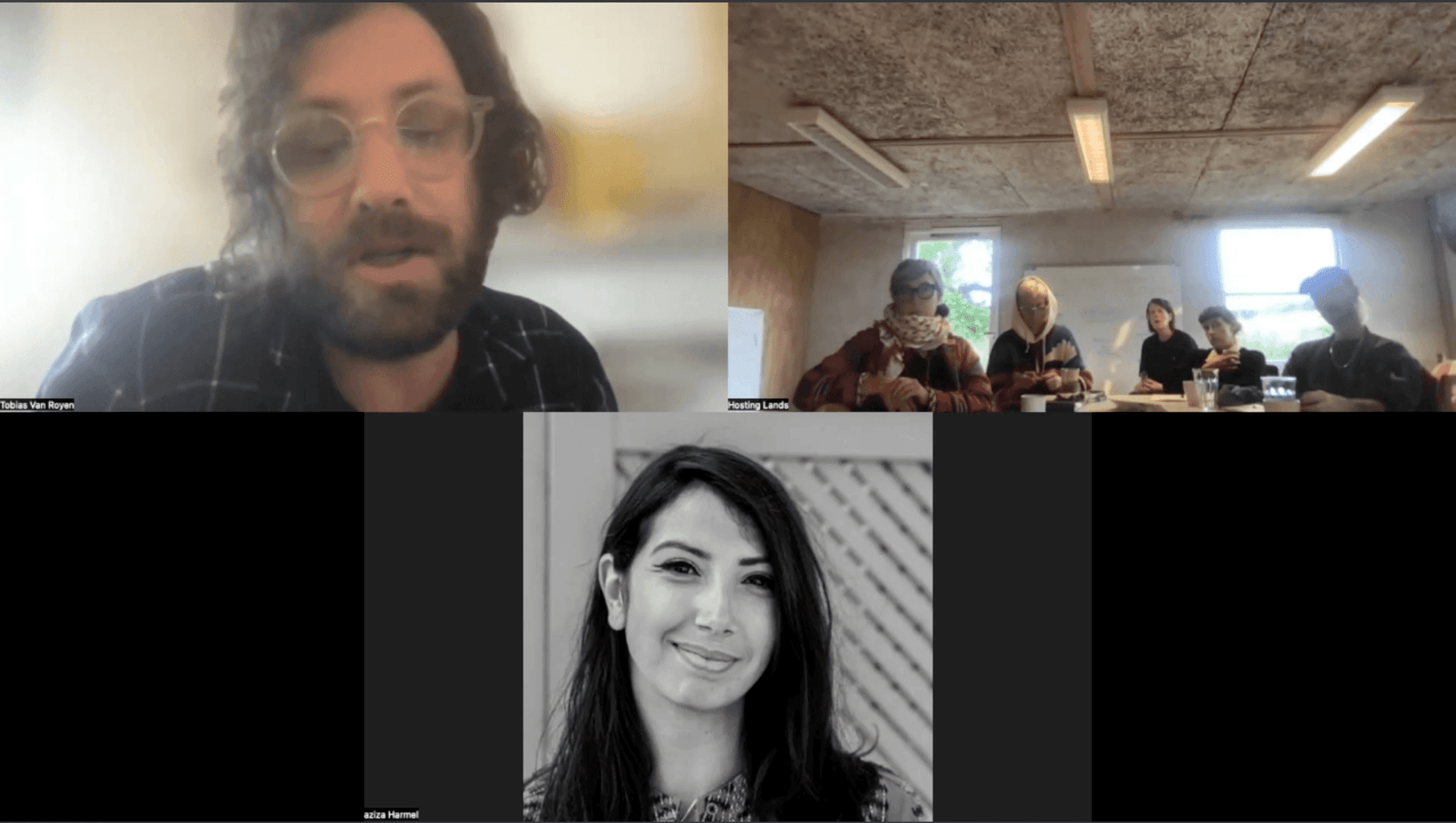15/06/2024, NOTES

TWIIID, or Twee-eiige Drieling (or the Two-Egged Triplets) is a legal sounding board in the arts based in Belgium. The collective consists of Tobias Van Royen, Jens Van Lathem, (and Robin Goossens). By experimenting with different media, methodologies, and pedagogical strategies, TWIIID seeks to find fair and sustainable solutions for legal issues within contemporary art practices, and provide the cultural sector as well as its advocacy organizations with inspiration and rationale for building solid artist’s statutes.
How does Law and the commons exist in a conversation? Historically, in the western context, modern property law was instituted at the moment when the commons had to be done away with (Zuckert , Malchik). Every common, fælled, swamp, grove or farmland, came to be measured and defined, its ownership made either public or state owned, or privatized - owned by one or few individuals. Each piece of land, especially farmland, came to be owned and transacted amongst the one and the few of the rich land-owning class, and the land itself extracted through ever intensifying farming. The emergence of modern, plantation ecosystems. With PDAS (På Den Anden Side - On The Other Side) which is an artist collective working in a former pig farm on the Island of Møn, Hosting Lands will purchase 1,3 hectare conventional farmland there and in collaboration with artists, local communities etc to turn it into a common land. Commoning and law, hold us in this paradoxical frame. In this act of purchasing the land, and trying to common it, we are still bound by property law. And consequently, from within legal systems, trying to frame its ownership, as a common. We are investigating and questioning the legal, social and architectural structures of commoning and are trying to find out what is common to whom. As part of our research on commoning, Hosting Lands invited Tobias Van Royen from TWIID (TWIIID, or Twee-eiige Drieling (or the Two-Egged Triplets). "TWIID is a legal sounding board in the arts based in Belgium." They experiment "with different media, methodologies, and pedagogical strategies," to "find fair and sustainable solutions for legal issues within contemporary art practices, and provide the cultural sector as well as its advocacy organizations with inspiration and rationale for building solid artist’s statutes." In this presentation Tobias spoke about the "foster care agreement" in TWIID's practice and research. Using the foster care agreement as a legal analogy, this investigation "seeks to invoke conversation about the needs, responsibilities, and roles between artists, institutions, and the wider art field." And how to support artistic production, beyond their consumption within art institutions. We also discussed how the foster care agreement could be extended or rethought within commoning projects, especially in projects that demand long-term care around land. Tobias started us off with the question, "Is the Land commoning us, or are we commoning land?" He furthered, commoning always offers two further questions even - “Why are we commoning?” and “What are we commoning.” And that these questions of commoning, are always “derivative” of the we - the collective - that frames the commoning process. Commoning then demands finding a common interest amongst those involved, and in the question of land - finding interests of the land too. Land produces with or without human intervention, land produces life, it produces relationships and analogies; land is a gift, to those wanting to common it. Below is the video from Tobias’ presentation on Zoom, that took place on June 15th. Members of Hosting Lands, PDAS, and other attendees were gathered at PDAS, Møn.
Law and the Commons with TWIID